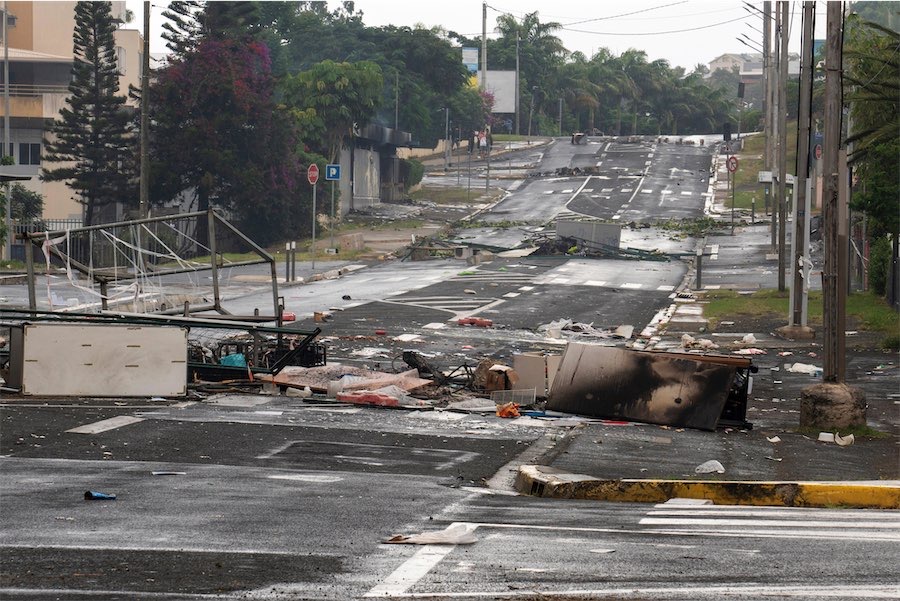
Record heat across the world profoundly impacted the global water cycle in 2023, contributing to severe storms, floods, megadroughts and bushfires, according to new new research.
The findings are outlined in a new report released on Thursday by the Global Water Monitor Consortium and led by ANU researchers.
Lead author Prof Albert Van Dijk said the report underscored the consequences of persistent fossil fuel burning on natural disasters, water resources, biodiversity and food security.
“Record-breaking heat waves swept across the globe in 2023, shattering previous records, from Canada to Brazil and from Spain to Thailand,” Prof Van Dijk said.
“The lack of rainfall and high temperatures exacerbated multi-year droughts in South America, the Horn of Africa and around the Mediterranean.
“Extremely hot and dry conditions inflicted extensive ecological damage on the world’s largest forests. Massive wildfires ravaged Canada during the northern summer, while the Amazon rainforest and rivers rapidly descended into severe drought in late 2023.”
Some of the worst disasters of 2023 were linked to unusually strong cyclones bringing extreme rainfall to NZ, Mozambique, Malawi, Myanmar, Greece, Libya and Australia.
According to Prof Van Dijk, who is also chair of the Global Water Monitor Consortium, rising sea surface and air temperatures caused by fossil fuel burning have been intensifying the strength and rainfall intensity of monsoons, cyclones and other storm systems.
This was also evident closer to home, where Cyclone Jasper battered northern Queensland and severe storms hit southeast Queensland.
“Some areas around Cairns recorded more than 800 millimetres of rain. The torrential rains caused widespread flooding. That was because the cyclone moved much slower than expected,” he said.
“The recent cyclones and intensive storms in Queensland and elsewhere in Australia should not be seen as isolated freak events but part of a global pattern that was quite clear in 2023.
“In 2023, we saw cyclones behave in unexpected and deadly ways. The longest-lived cyclone ever recorded battered southeastern Africa for weeks.
“Warmer sea temperatures fuelled those freak behaviours, and we can expect to see more of these extreme events going forward.”
Prof Van Dijk said the last two decades had seen increased air temperatures and declining air humidity, causing increased heat stress and water requirements for people, crops and ecosystems, while intensifying droughts.
Relative air humidity over the global land surface in 2023 was the second driest on record after 2021, continuing a trend towards drier and more extreme conditions. It was Earth’s hottest year on record, showing what a typical future year with 1.5 degrees Celsius warming may look like.
“A total of 77 countries experienced the highest average annual temperature in at least 45 years,” Prof Van Dijk said.
The research team used data from thousands of ground stations and satellites orbiting the Earth to provide real-time information on rainfall, air temperature, air humidity, soil and groundwater conditions, vegetation, river flows, flooding and lake volumes.
The Global Water Monitor is a collaboration between institutions across the world and involves various public and private organisations. The 2023 report is available on the Global Water Monitor website.
Who can be trusted?
In a world of spin and confusion, there’s never been a more important time to support independent journalism in Canberra.
If you trust our work online and want to enforce the power of independent voices, I invite you to make a small contribution.
Every dollar of support is invested back into our journalism to help keep citynews.com.au strong and free.
Thank you,
Ian Meikle, editor





Leave a Reply